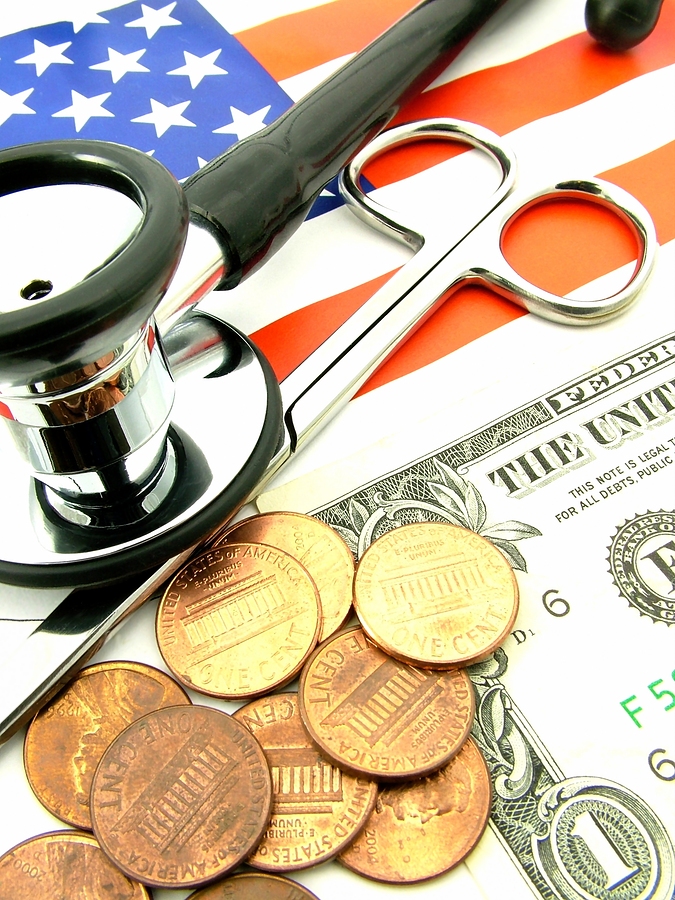Insurance companies are promoting high deductible insurance plans as a way to slow the growth of healthcare costs. The theory is that people’s healthcare decisions will be better if they have some “skin in the game.” Certainly for insurance companies this has been a bonanza. In an insurance plan with a $3000 deductible, the first $3000 of expenses are paid by the insured. Many people don’t have $3000 of medical expenses in a year and so get little or no benefits paid by their insurance company. The main benefit for all expenses below $3000 is that the insurance company will re-price the doctor’s bill and hopefully give the patient who is paying the fee a discount for the service which is less than the original price the doctor billed to the insurance company. But many doctors and hospitals have a lower price for services paid in full at time of service – a cash price.
There is a problem with the high deductible logic that I have always suspected, and only recently seen confirmed. In the June 2014 issue of Money magazine there is an article entitled “High Deductibles Create Real Pain for Thrifty Men.” This article quotes a study from the Employee Benefit Research Institute which notes that people in high deductible plans cut spending not only by rejecting name brand drugs that treat chronic conditions but also by failing to even use the generics. That finding corroborates a 2013 study showing that “men in high deductible plans avoid treatment for serious issues, at times with adverse consequences.” Other research has shown that large deductibles discouraged emergency room visits for minor ailments such as sore throats but last year’s study also found that men in particular pinch pennies by not going to the ER for even potentially serious problems such as irregular heartbeat or kidney stones. In a chart accompanying the Money magazine article there is the startling statistic that men in high deductible plans are 34% less likely to visit an emergency room for a serious health problem than men in low deductible health plans!
The Money magazine article concludes by suggesting that consumers increased their utilization of 24 hour advice hotlines sponsored by insurance companies and large employers.
Don’t get me started about the American healthcare system! Americans spend $2.5 trillion on health care a year. Meanwhile the United States ranks 45th in life expectancy behind Bosnia and Jordan: near last in infant mortality compared with other developed countries: and last in healthcare quality, access, and efficiency among major industrialized countries, according to the Commonwealth Fund, a healthcare research group. There are many things that can be done to improve the American healthcare system; high insurance deductibles are not one of them.